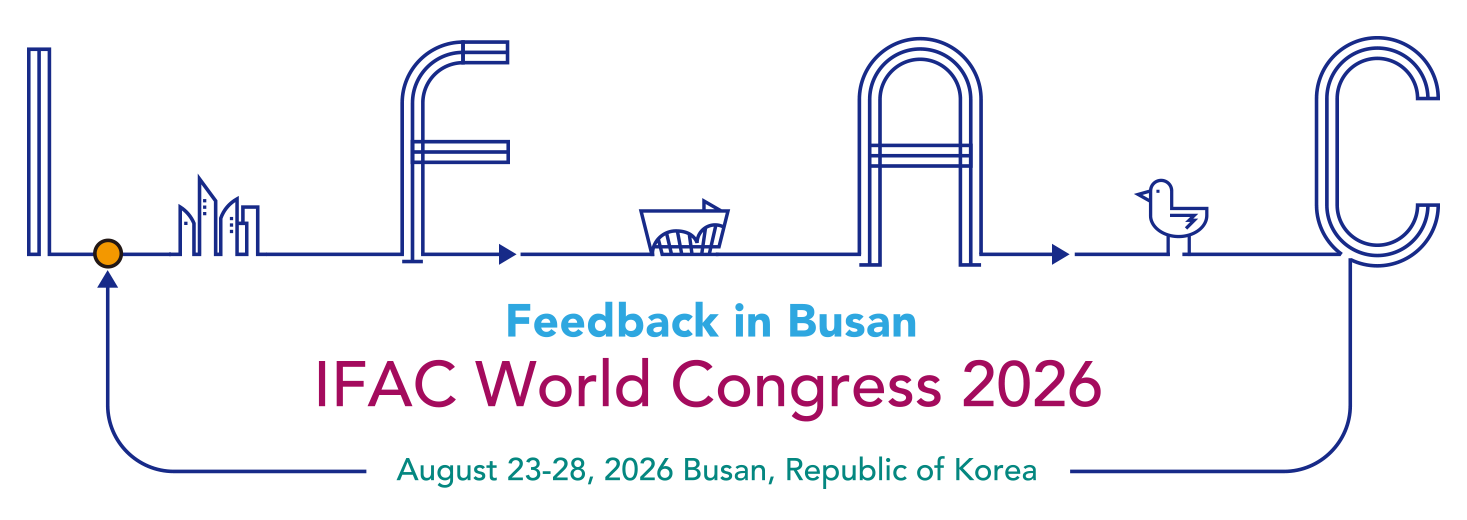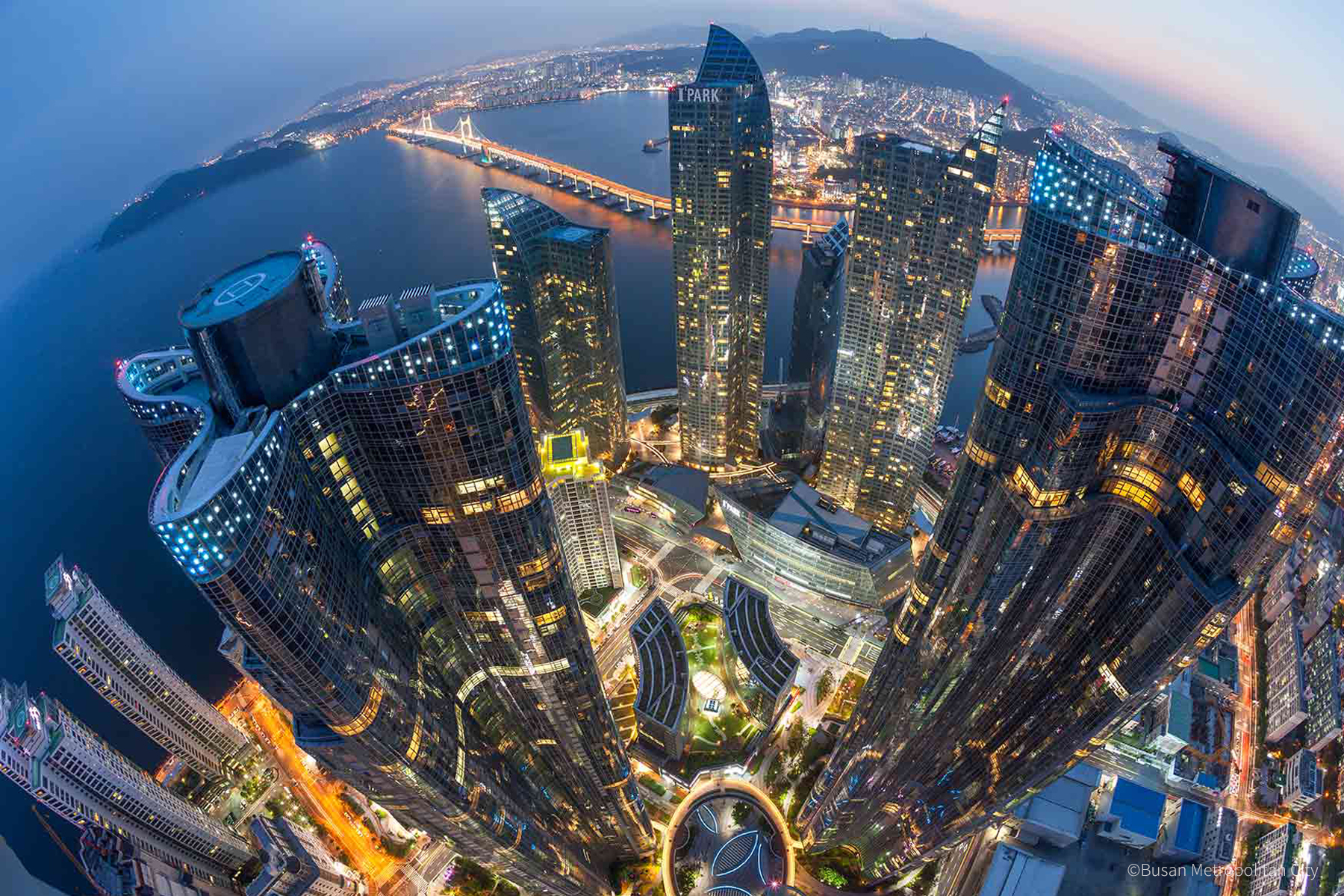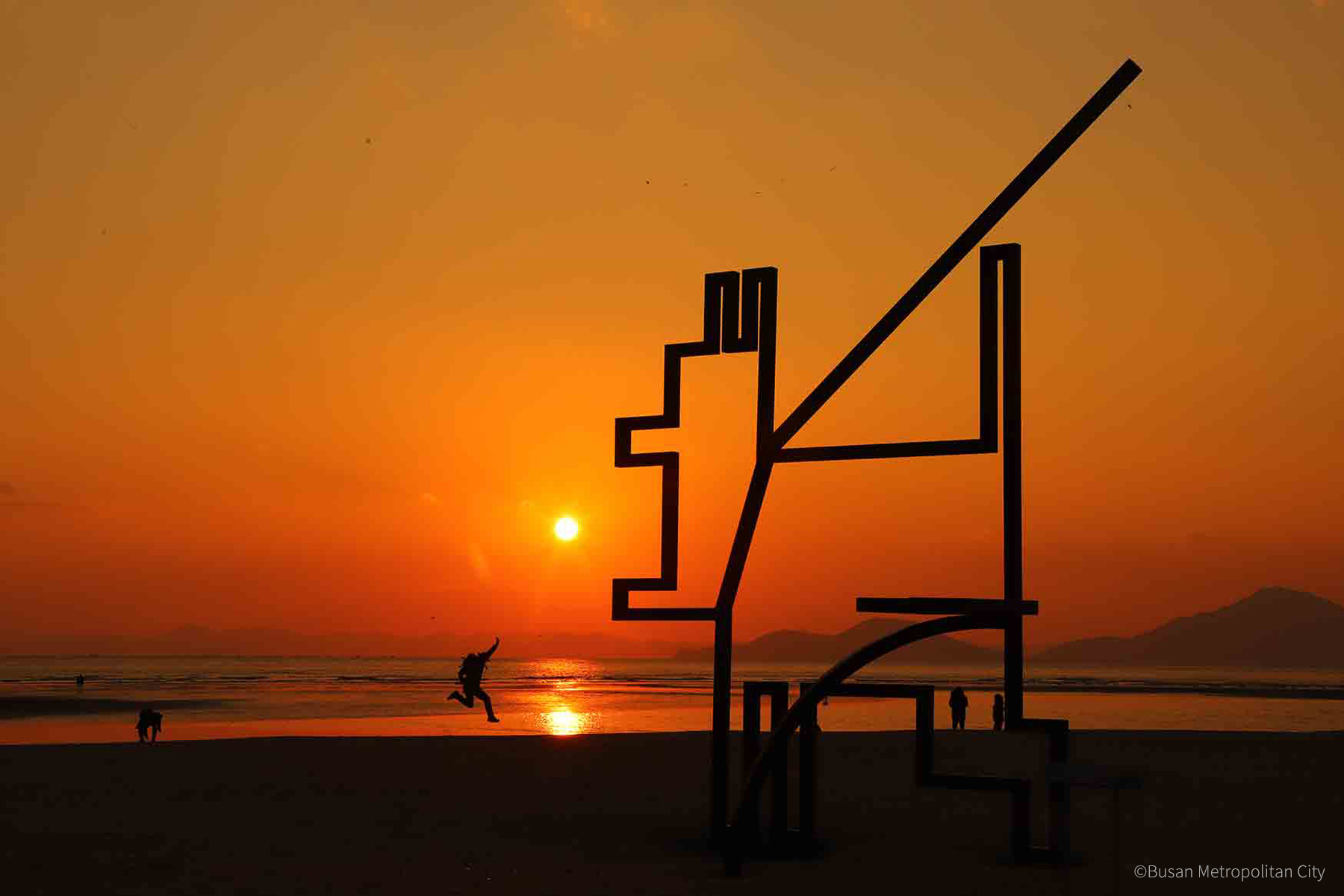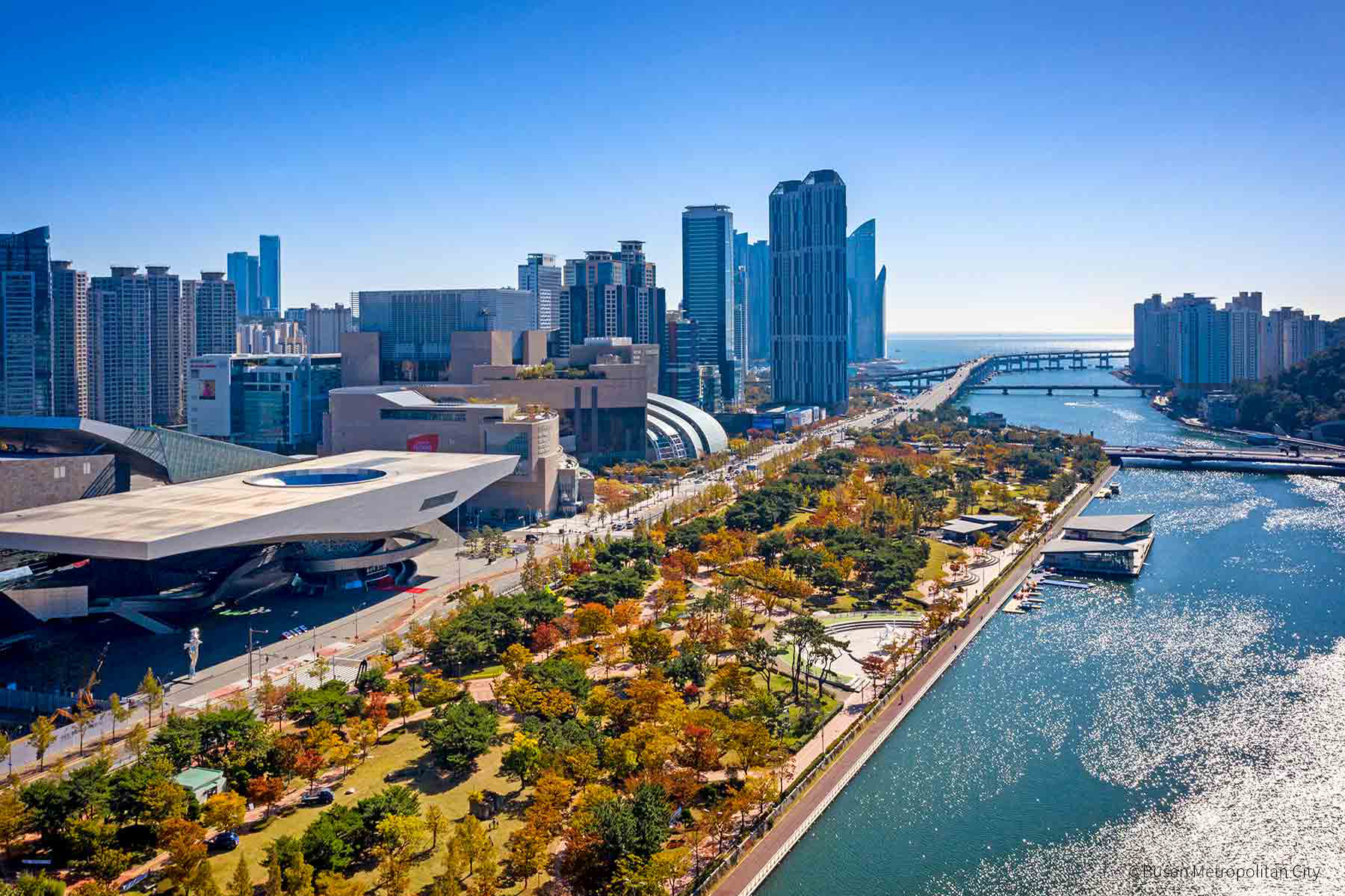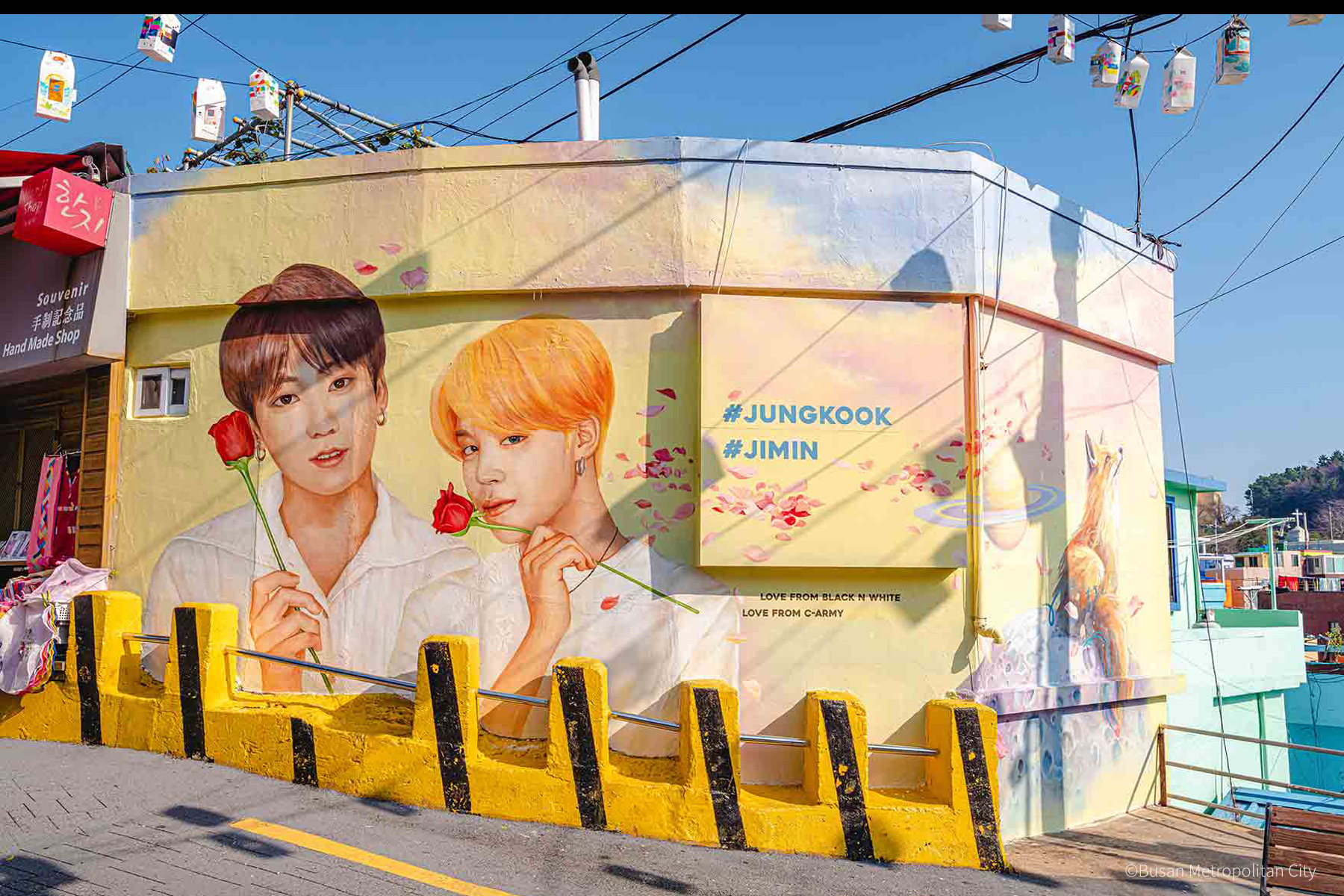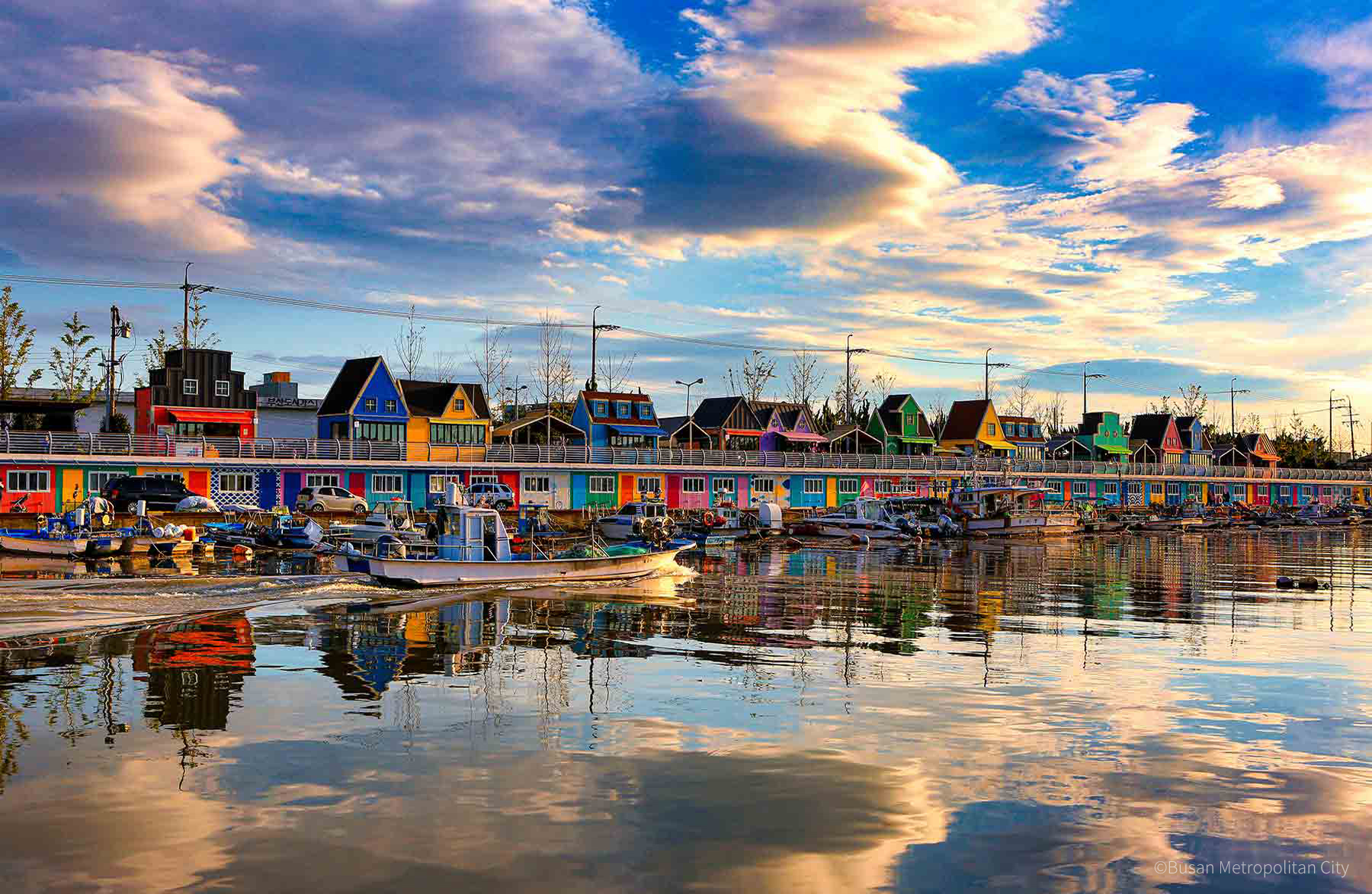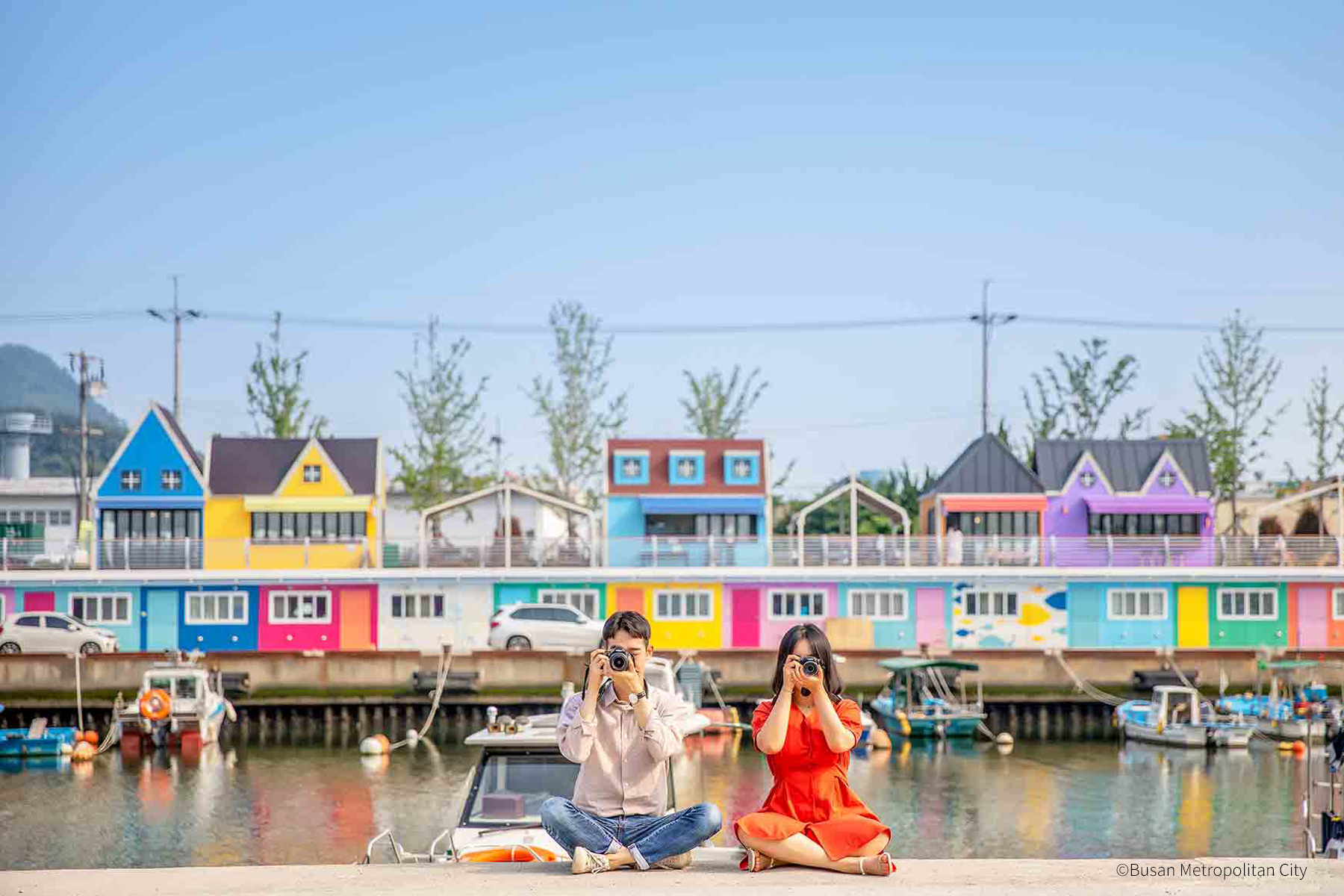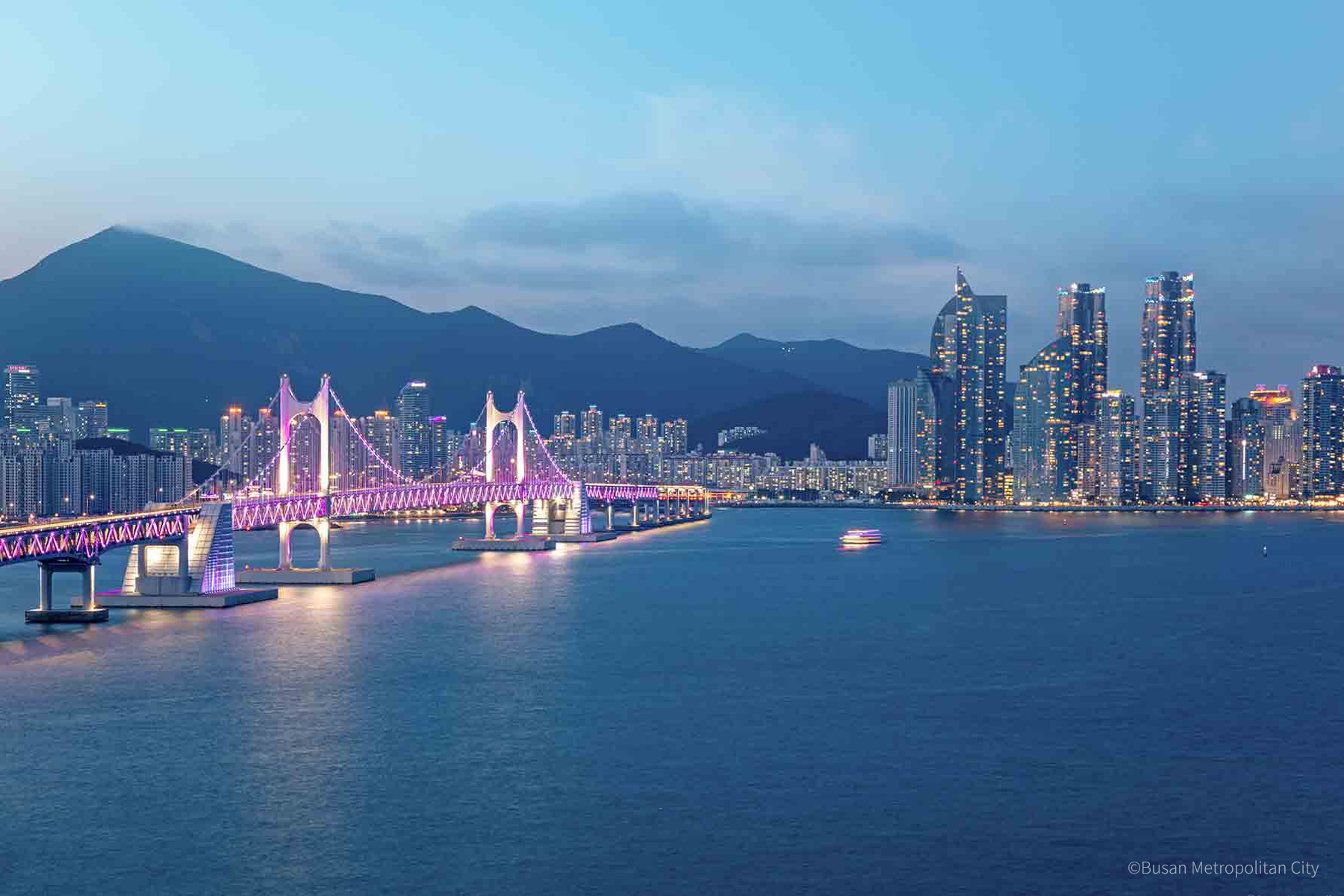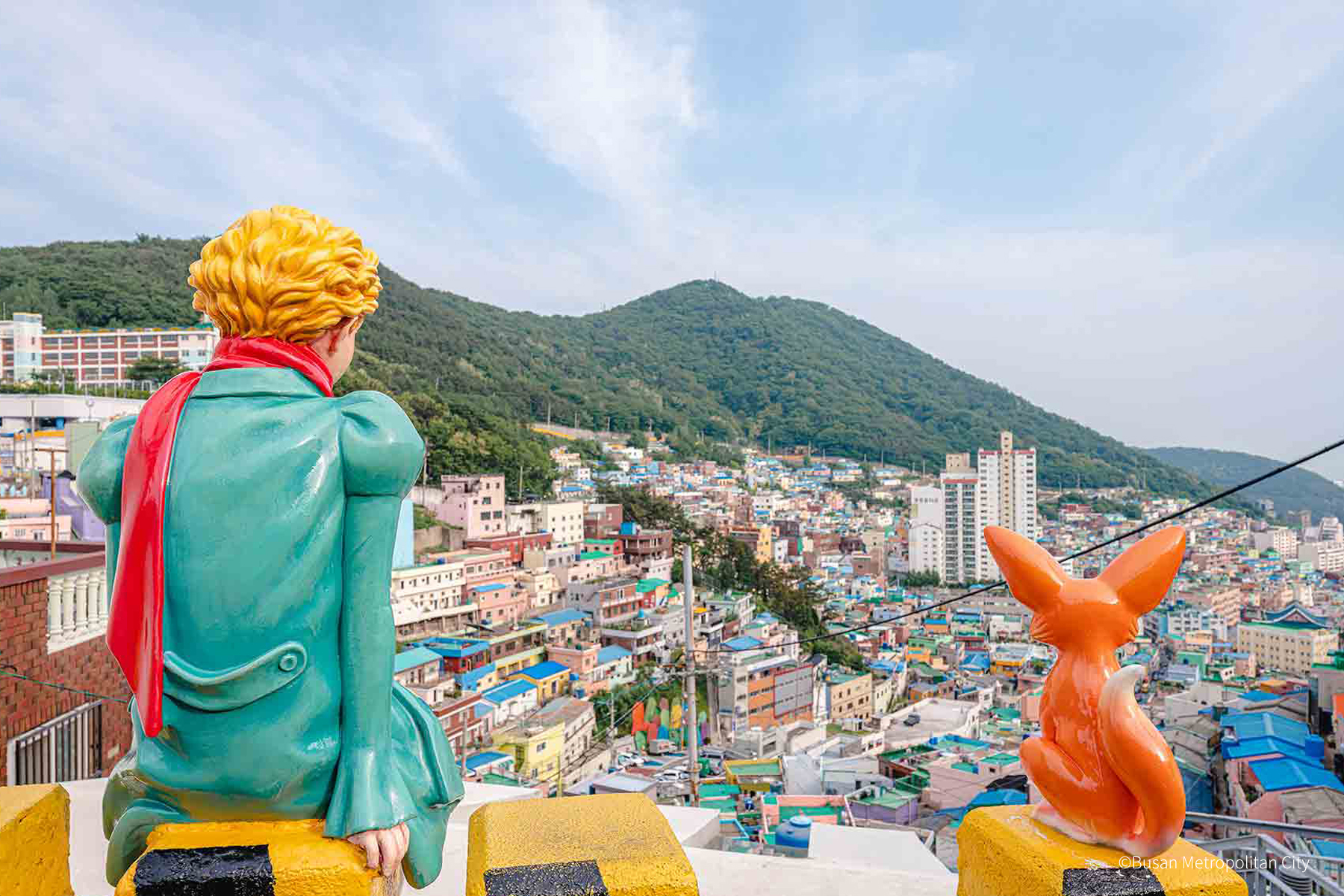Busan, a vibrant port city in South Korea
Busan is a vibrant and bustling port city located on the southeastern tip of the Korean peninsula. It is the second-largest city in South Korea after Seoul, serving as a major economic, cultural, and transportation hub in the country. Busan experiences a variety of four distinct seasons throughout the year, and late August is the ideal period for enjoying the city’s beauty. Known for its stunning beaches, rich cultural heritage, and lively atmosphere, Busan attracts both domestic and international visitors.

